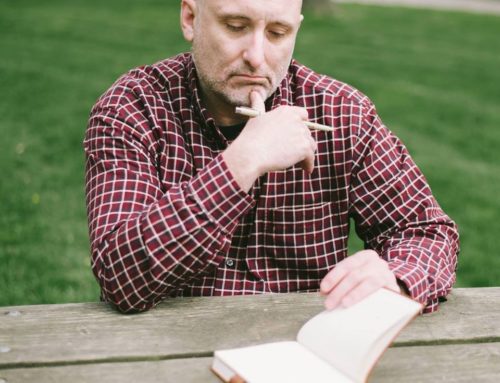I went to a fast food restaurant for dinner some time ago. The guy ahead of me had just come home from Afghanistan. He was buying dinner for his son and himself. The total came to over $20. He didn’t have enough. They said they would give him a 10% military discount. Still not enough. He started taking away food from his order until he could afford it.
Sad.
Then I saw a man who had heard this haggling hand him $100 bill and say, “Thanks for your service.”
The soldier teared up and said, “You don’t know how much this means to me.”
The man smiled and said, “You don’t know how much what you do means to me.”
I posted this story on Facebook and it got well over 100 likes and a dozen shares. It shows that people really want to care about those willing to give their lives in defense of our nation’s freedom. I’ll confess, I was moved to tears watching this happening. There is still hope for human compassion in the face of so much hate in the world. The soldier could have been a Trump-supporter, the donor a devout Democrat. It didn’t matter in this moment. In this moment, it was one man giving back to another who had given so much to him, so much for all of us.
So what do we do with the hope this engenders?
- First, go and do likewise.
There are over two million soldiers in the US. The average income for a front-line private is less than $2,000 a month.
While it is true that there are thousands of military charities that are less than reputable, in the age of electronic transfers like Pay Pal, direct monetary gifts are possible and make an even greater difference. Give to those you know and those you come to know through family members, friends, and trusted neighbors. Don’t forget loved ones left behind, who are also often in need of supplemental support. Rather than post a scathing remark against high government wages or benefits of non-US citizens, put your money where your mouth is. Cultivate a culture of caring for those who give so much to us. Support legislation that recognizes that the best way to build a strong military is boost the salaries and benefits of soldiers.
- Second, watch out for wounded warriors.
Every day, more than 20 veterans die by suicide.
Mental health experts both in the military and in civilian society desperately scramble to learn more about Post-Traumatic Stress Disorder (PTSD) and how to treat it. No solutions are at hand. We may think if the experts don’t even know what to do, how am I going to help? Well, it doesn’t take an expert to reach out and be a faithful friend. And that goes a long way toward healing.
One military mission caused I’ve followed for sometime and highly recommend is the Wounded Warrior Project. WWP offers care for all soldiers who have served and are serving since 9/11, a growing body of warriors. Donations of time, talent, and money provide over 42,000 of therapeutic care, such as counseling from world-class therapists, professionally staff crisis lines, and Project Odyssey designed to help soldiers re-integrate to civilian life.
Named after Homer’s famous poem about overcoming adversity and finding the way home, Project Odyssey gives you the tools to overcome the obstacles you face. In an all-male, all-female, or couples retreat, you’ll participate in activities like hiking, rock climbing, scavenger hunts, and more.
Through a multi-day adventure with trained counselors and fellow warriors, you’ll find yourself not only forging strong relationships, but also rediscovering yourself.
“If it weren’t for Project Odyssey, I would not be here today,” said warrior Jason Foster. “Those five days I got to spend with my brothers were the first five days I saw hope in years. It was the first time I felt like maybe it was okay not to be okay. It changed my life.”
- Third, stop celebrating war.
Former 5-star General and President Dwight D. Eisenhower knew the cost of war, both on the soldiers who fight, the families left behind, and the society as a whole. He spoke passionately against the military-industrial establishment with these words:
Every gun that is made, every warship launched, every rocket fired signifies in the final sense, a theft from those who hunger and are not fed, those who are cold and are not clothed. This world in arms is not spending money alone. It is spending the sweat of its laborers, the genius of its scientists, the hopes of its children. This is not a way of life at all in any true sense. Under the clouds of war, it is humanity hanging on a cross of iron.
There is a personal cost for freedom.
What are you willing to give?
Discover more from Delight in Disorder
Subscribe to get the latest posts sent to your email.







